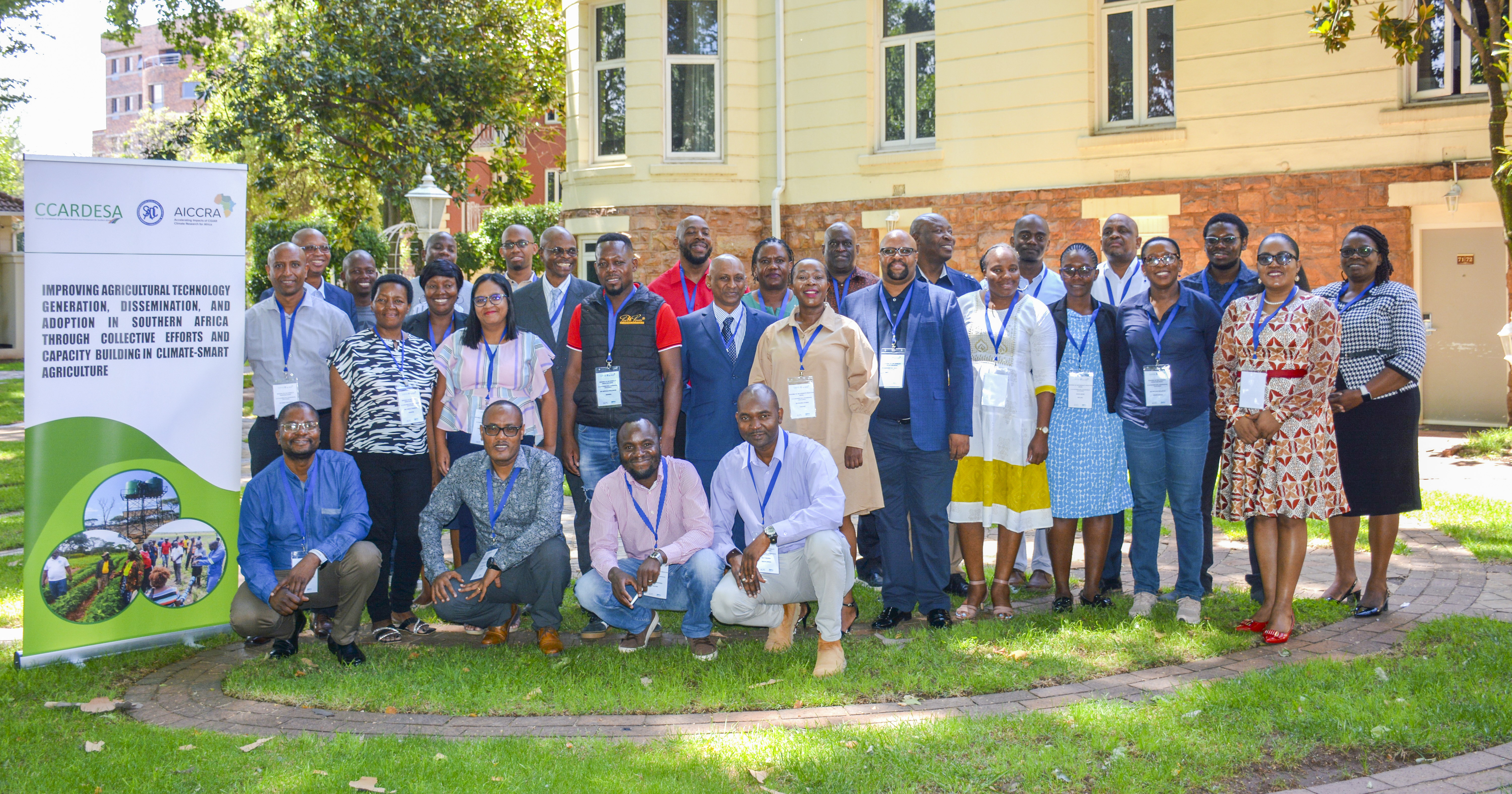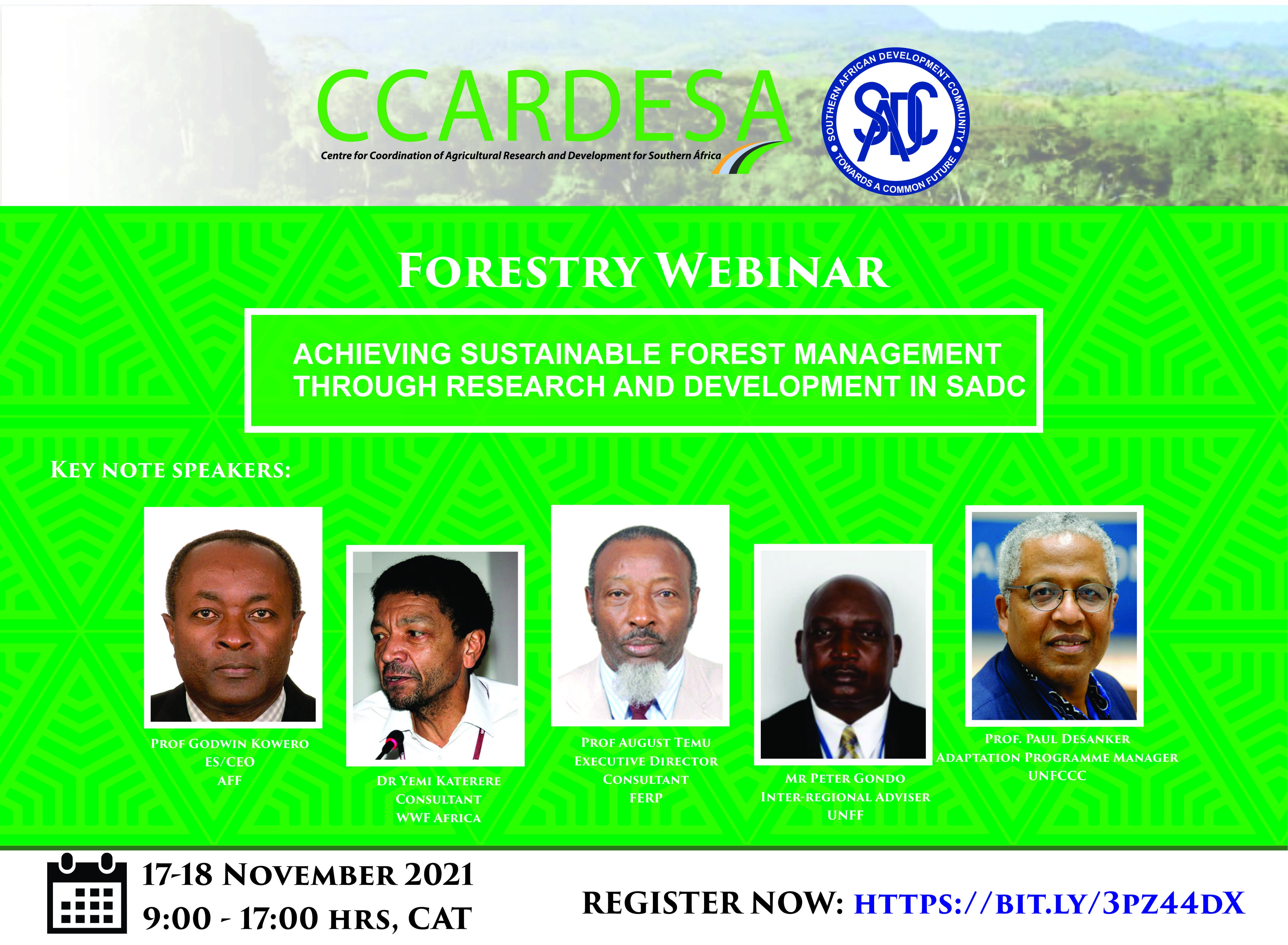CCARDESA Environmental and social Management Framework
Implementation of the CCARDESA MTOP is expected to have a positive impact on the environment by supporting the development and dissemination of agricultural technologies that promote sustainable use of land and water. The MTOP will also contribute towards reducing the vulnerability of poor rural households to climate shocks by promoting the adoption of climate smart agricultural practices. There is no doubt that CCARDESA’s footprint could be significant if no measures were put in place to guide the social and environmental responsibility of the work conducted in the sub-region.
Environment,
Social Management,
CCARDESA Environmental and social Management Framework, (2014). pp.42.









